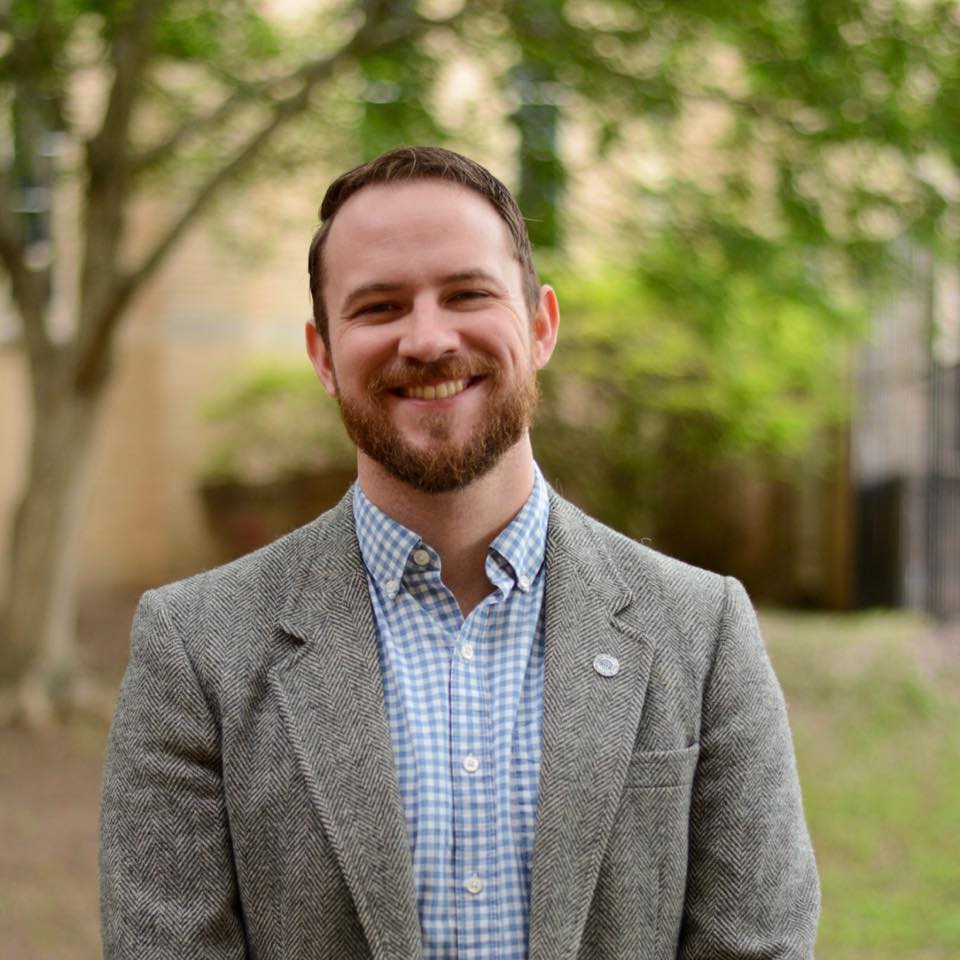The Boy Scouts of America is a historically iconic American institution. One can find a plethora references to it in popular culture and the number of cultural and political leaders that have attained the coveted “Eagle Scout” rank is impressive. In short, for better or worse, the Boy Scouts have made an impact on American culture.
Recently, the Boy Scouts announced that they will be rebranding to become “Scouting America.” This rebrand focuses on inclusivity, as the Boy Scouts will no longer be exclusively for boys. Instead, the Scouts want to focus on all those who may wish to join.
On one hand, there is a benefit to having inclusivity in organizations. As Christians, we believe that Christ welcomed all people, and we should have a drive to be welcoming to all who wish to call upon the name of Christ. On the other hand, inclusivity also entails the loss of something: exclusivity! When we develop inclusive organizations this means we must necessarily abandon recognition of those things which make members distinctive.
Male Only Spaces
The Boy Scouts began as a male-only organization. As young men came to learn the various skills taught by the Boy Scouts, they were able to learn these skills as men. This not only allowed for a sense of camaraderie with other young men but also allowed these young men to grow specifically as men.
The Scriptures teach a distinction between males and females, and this distinction is seen as a good thing. As such, there is a need for young men to grow in those things which make them men just as there is a place for young women to grow in those things that make them women. We can debate what these spaces should look like, but this does not mean that we should neglect to have them.
One might object to this notion of male-only spaces by arguing that such spaces would be a breeding ground for so-called “toxic masculinity.” I would counter this by arguing that male-only spaces, when properly formed, are the perfect place to combat toxic masculinity. When a young man learns how to be a man properly, he will avoid the lies and pitfalls that often turn masculinity into a problem.
Further, having such exclusive spaces would not mean that there is no place for inclusive spaces. Boys and girls need to learn proper interactions with each other; the only way to do this is to have them working together in the proper environment. I would argue, though, that if we want these inclusive spaces to work best, we must also train boys and girls separately in exclusive spaces. When men learn to be properly men and women learn to be properly women, they will be able to better interact with each other. God intended for men and women to work together (not just in marriage), but he also designed them as distinct. We must not neglect training in either direction.
Final Thoughts
The branding move for Scouting America is not unexpected. They have been heading in this direction for over a decade. This ideological drift, tied with their decrease in membership, leaves a prime space for a rebrand.
Of course, this conversation is not really about the Boy Scouts at all but rather an overall drift in American Culture. When we fail to recognize God’s created order, we inevitably corrupt what might otherwise have been good. Thus, as we move further away from exclusive spaces towards exclusively inclusive ones (pun intended), we find not the flourishing of everyone but a loss of what makes us distinctly unique.
Tyler Bauer is the content editor for the Land Center Journal. He holds MA degrees in Apologetics and Philosophy and is currently pursuing a PhD in Philosophy of Religion at Southwestern. In his spare time, you can find Tyler writing about classical education, worldview, and philosophy at tylerwbauer.com or co-hosting the God and Other Small Stuff Podcast.
Sometimes, his wife will laugh at his jokes.

